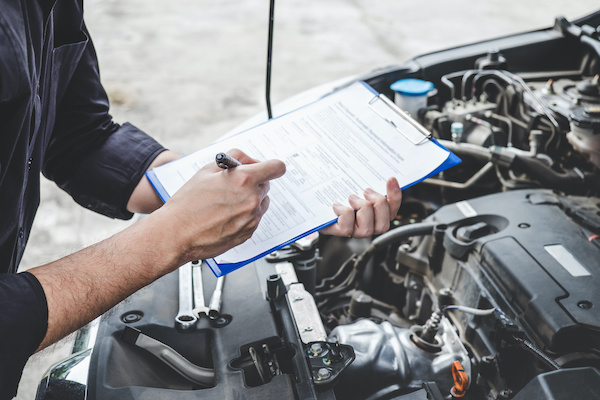
Many vehicle owners do not understand the magnitude of their daily driving habits and the pivotal impact on a car's longevity. A few of the most common driving habits that are damaging your car include:
Aggressive Braking and Accelerating
Stopping abruptly can be unavoidable in certain situations. Most of the time, aggressive braking behavior results from poor anticipation and attention to your surroundings. And abrupt acceleration is the product of an adrenaline rush. Both forceful braking and acceleration wear out the brake pads and rotors, thus significantly reducing your vehicle's working efficiency.
Cold Starting
Cold starts are when you start your vehicle after sitting inactive for some tie. When the engine starts after these events, the engine has difficulty lubricating the transmission. Repeated cold starting affects the life expectancy of your vehicle's engine. So, it is recommended that you allow the engine to warm up before driving. And don't rev up the engine after a cold start; this leads to even more significant wear on your engine. Note it is best to keep your engine speed below 2,000 RPM during the first few miles of driving.
Shifting from Drive to Reverse
Shifting gears using the hydraulic coupling system from drive to reverse (or vice versa) before coming to a complete stop wears your transmission band down. To maintain your car transmission's working efficiency, try to come to a stop before changing gears.
Incremental Fueling
Maintaining a small amount of fuel in your gas tank will eventually lead to more costly future repairs. The engine pump of the modern-day car needs to be submerged in fuel to stray cool. When you drive on a small amount of fuel, the engine pump tends to heat up and wear out quickly.
Unfortunately, stretching the limits of your vehicle's fuel tanks leads to difficulty for your fuel system. Driving "on fumes" increases the amount of sediment build-up in the engine; this can result in:
- Clog your fuel filter.
- Fuel pump burns out.
- Impede your fuel injector.
Excessive Short Trips
Drivers in the habit of taking short trips of less than five miles are putting their vehicles at risk well. By performing several short trips per day, your vehicle operates without reaching its maximum performance and efficiency. If this habit is sustained, the vehicle never heats up appropriately.
An easy fix to eliminate short-trip fatigue is to drive your vehicle once a month, allowing it to reach its peak operating conditions at least once a month. Ideally, in highway traffic for 20 to 30-minutes. This will:
- Assist with removing carbon deposits from the valves.
- Get the engine oil to its maximum pressure.
- Lubricate the internal seals in the engine.
- Let the transmission engage all gears.
Follow the recommendations for oil change service in your owner's manual.
Have any questions about how to best care for your car? Our certified technicians can be your auto repair experts. If you need car maintenance performed, give our auto repair shop a call today!
We look forward to serving you!